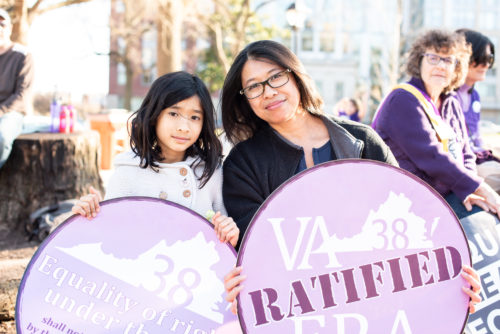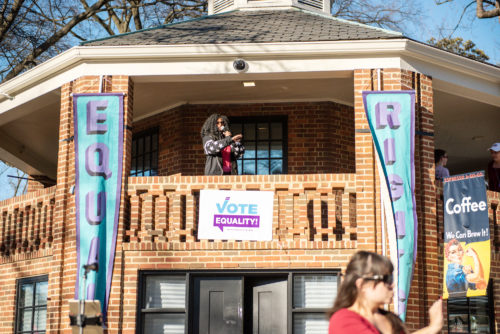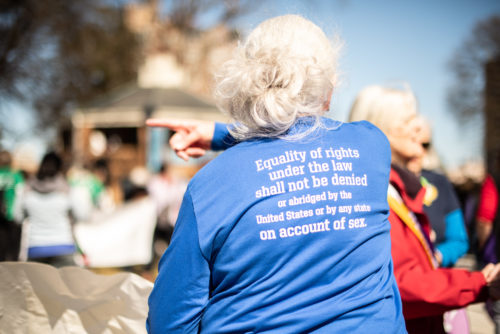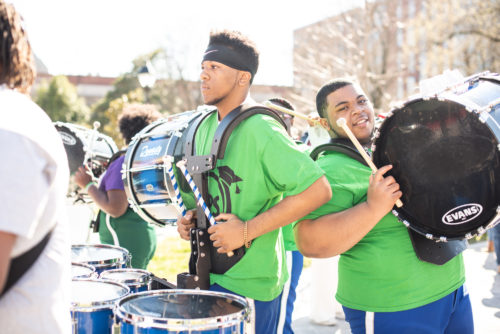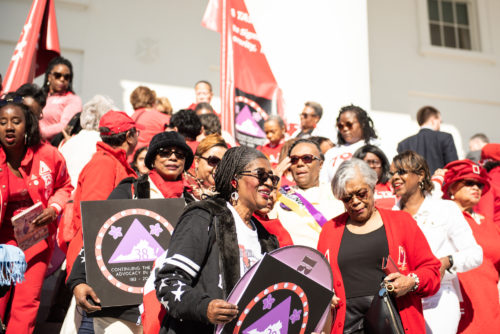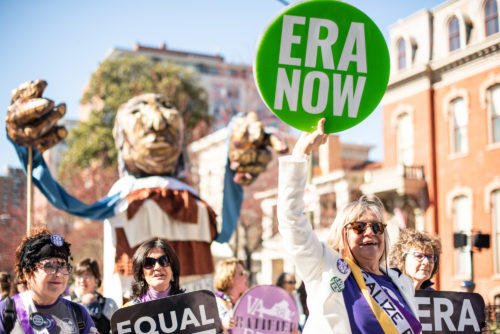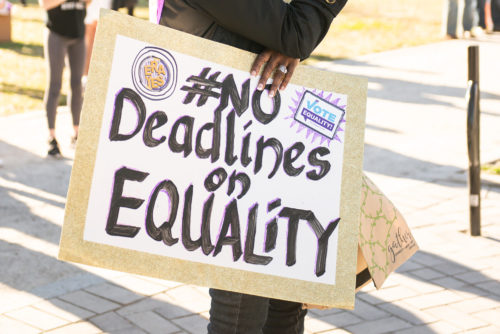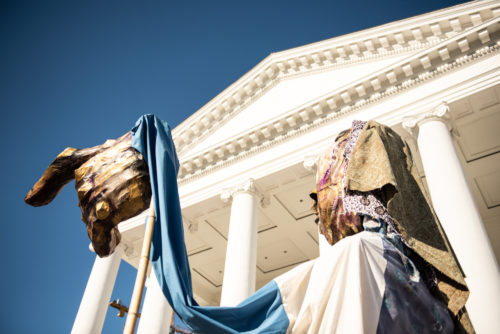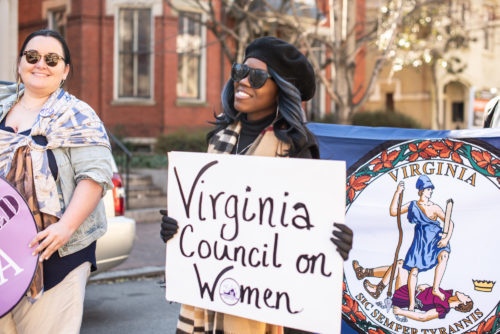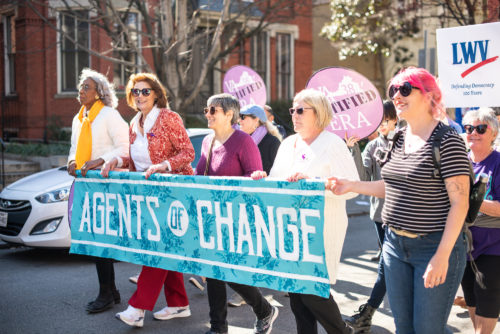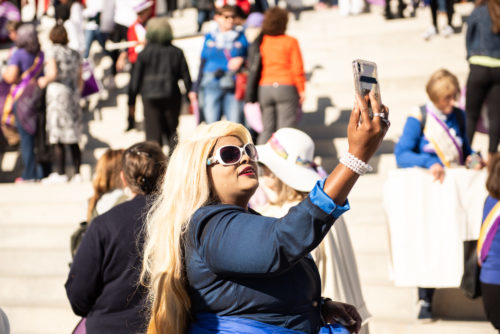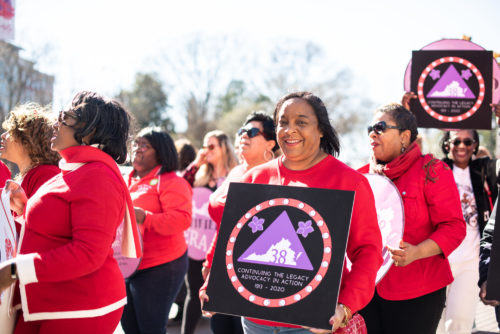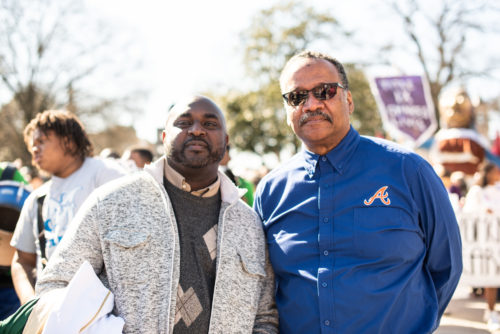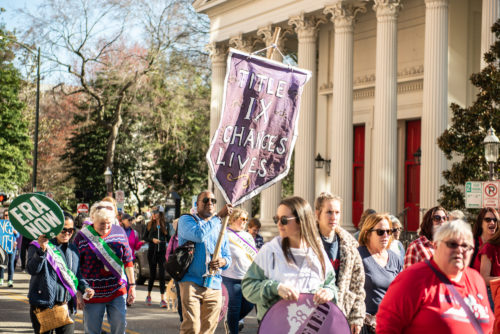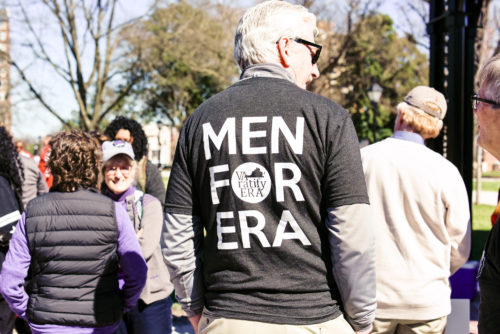Home of the updated U.S. Constitution, starring the 28th Amendment!
“Is there really a gender equality issue in America?”
- Victims of gender discrimination NEED a constitutional amendment. Currently they are more likely to lose a case than win it.
- The Fifth and Fourteenth Amendments require equal protection of the laws, but courts do not hold state and federal governments discriminating on the basis of sex to the same high standard courts apply to government discrimination on the basis of race, national origin, or religion.
- Sex discrimination currently receives “intermediate scrutiny” in the courts, whereas other forms of discrimination receive “strict scrutiny.” Under intermediate scrutiny it is much easier for the government to discriminate.
- The current standard for race, religion, or country of origin discrimination cases is “strict scrutiny” which provides a 73% likelihood of winning. (source, Tennessee.edu)
- Currently, gender discrimination cases receive “heightened” or “intermediate scrutiny” and because of this the likelihood of winning a case are only 47%.(source, Tennessee.edu)
- In a recent Title VII Supreme Court decision, Bostock v. Clayton County, “sex” was held to include protections for LGBTQ+ individuals.
- A constitutional amendment is far more enduring than legislation or court precedent.
- A constitutional amendment can only be removed/revised with another constitution amendment.
- State and federal legislation advancing gender equality can always be repealed or replaced.
- Court decisions may be retreated from or abandoned. They are not permanent.
- But don’t just take our word for it! The American Bar Association formally reaffirmed support for the Equal Rights Amendment in 2016. In a June 2018 letter submitted for inclusion in the Congressional Record, the ABA identified three immediate effects of the addition of the Equal Rights Amendment to the Constitution:
- gender equality would be established under the law as a fundamental and irrevocable tenet of society;
- judges would be required to apply the highest standard of scrutiny when deciding cases involving sex discrimination; and
- existing gender equity laws would be protected, and enforcement of these laws would be reinvigorated.
- The United States has fallen out of the top third of countries internationally when ranked by gender equality. We are also ranked as the tenth most dangerous country in the world for women. For the sources behind these facts and to see how we compare with other nations, check out our FAQ “International.”
- Check out our FAQ “What Changes” for a list of systemic inequities we believe will be challenged using the 28th Amendment.
ADDITIONAL FAQs
